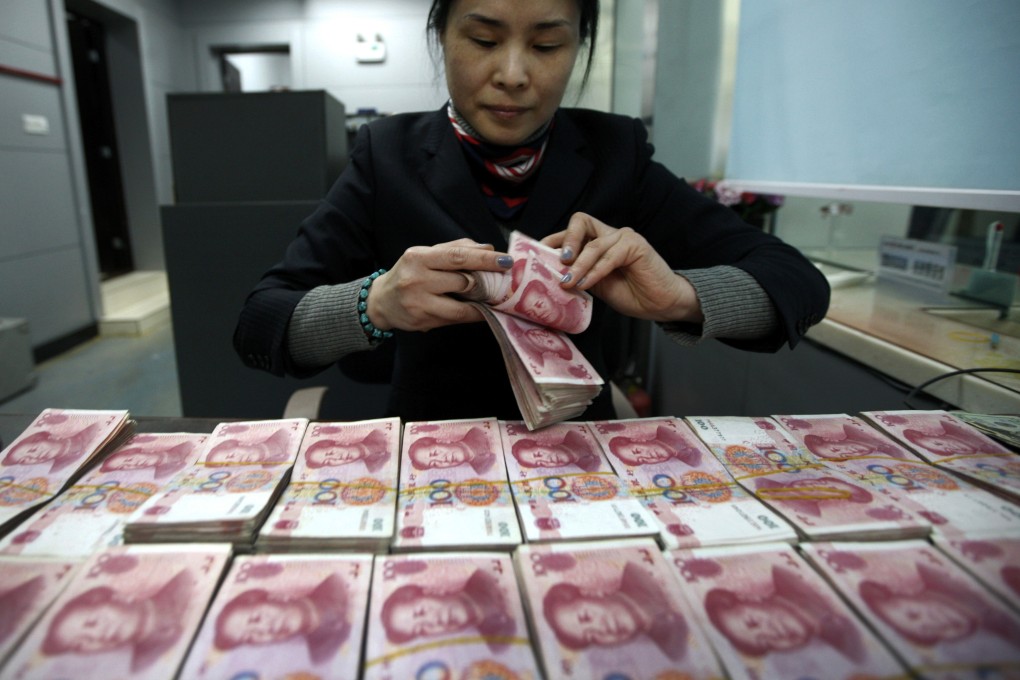China yuan: ‘bearish’ offshore weakens to lowest in 17 months as coronavirus lockdowns weigh
- The yuan has been tumbling as fears grow about the economic impact of extended lockdowns in many Chinese cities and expectations for US interest rate rises
- The offshore yuan weakened to as much as 6.6979 per US dollar in early afternoon trade on Tuesday, its lowest since November 2020

China’s offshore yuan dropped to its weakest in 17 months on Tuesday, and neared the symbolic level of 6.7 to the US dollar, as foreign investors remained bearish towards Beijing with coronavirus lockdowns weighing on the outlook for economic growth.
The offshore yuan weakened to as much as 6.6979 per US dollar in early afternoon trade on Tuesday, its lowest since November 2020.
If [offshore yuan] breaches the 6.7 level we could see some policy reaction or some comments from China
“If [offshore yuan] breaches the 6.7 level we could see some policy reaction or some comments from China, because if they allow such kind of escalating bearish sentiment in the offshore market, it will eventually affect the onshore market,” said Ken Cheung, chief Asian FX strategist at Mizuho.
He said foreign investors’ concerns over the health of the Chinese economy and an elevated US dollar ahead of the US Federal Reserve’s policy meeting this week played main roles in the offshore yuan performance.
The onshore yuan closed on Friday at 6.609 per US dollar.